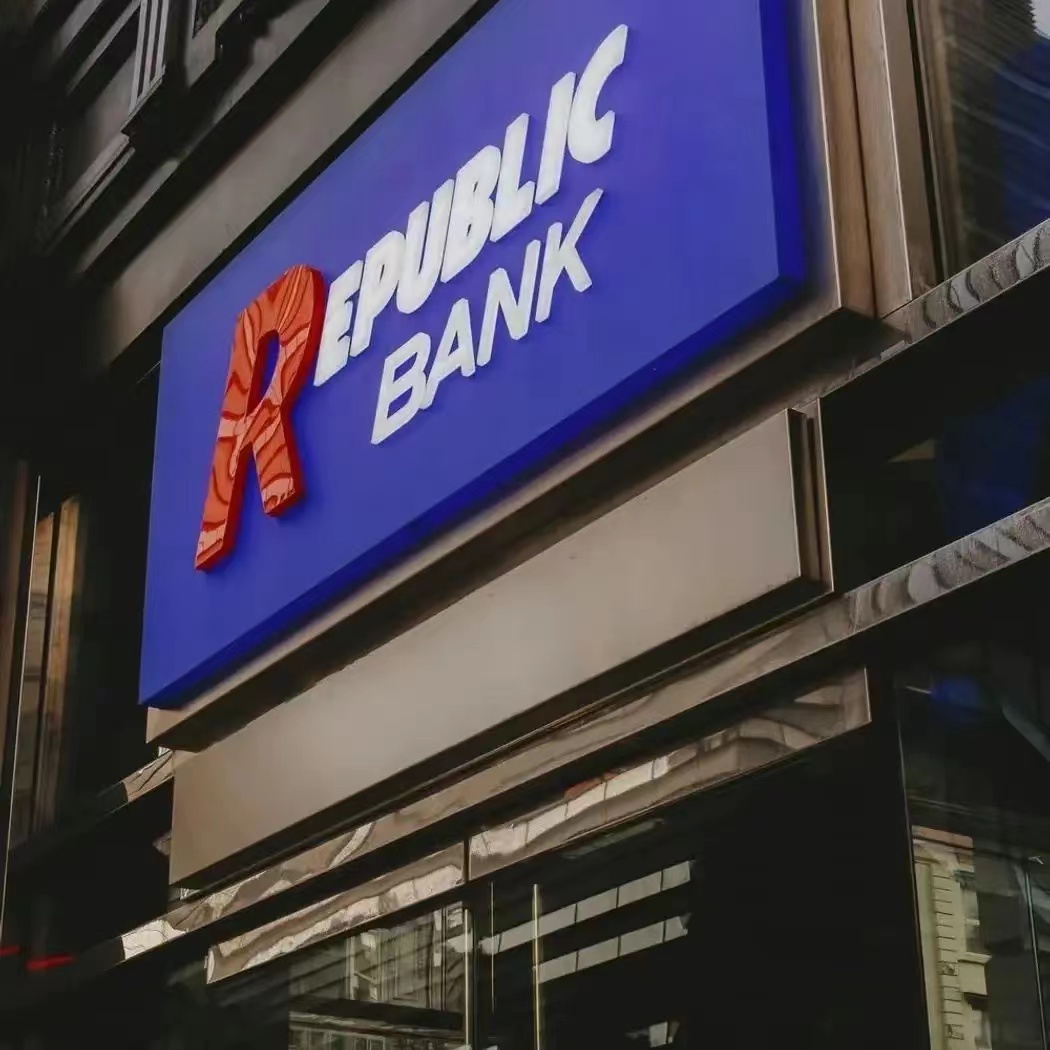
According to Reuters, the banking regulatory agency, the Federal Deposit Insurance Corporation (FDIC), announced that Pennsylvania regulators have closed the Philadelphia based Republican Bank of America, the first bank in the United States to be closed this year. The Federal Reserve Insurance Company of the United States stated in a statement that Pennsylvania regulatory agencies have designated the Federal Reserve Insurance Company as a receiver. To protect depositors, the Federal Reserve Insurance Company of the United States has reached an agreement with Fulton Bank, which will bear most of the deposits of the Bank of the United States and acquire most of its assets. The assets of Republican Bank of the United States are approximately $6 billion, and the total deposit amount is approximately $4 billion. It is expected that the bank's bankruptcy will result in a loss of $667 million for the Federal Reserve Insurance Company. This is the first time this year that a bank in the United States has gone bankrupt with coverage from the Federal Reserve Insurance Company.
At present, the banking crisis in the United States is far from over, and the market is in a state of panic. The stock prices of several small and medium-sized regional banks, such as Pacific Western Bank and Western Union Bank, have plummeted continuously. First Republic Bank may not be the last to fall in this crisis.
From this perspective, the domestic economy in the United States is actually far from as good, stable, and safe as the data and various analyses suggest? What are the key reasons for the ongoing banking crisis in the United States?
Previously, due to New York Community Bank's claim of significant deficiencies in its bank risk control, customers withdrew a large amount of cash, leading to significant fluctuations in its stock price. Fortunately, the bank subsequently received cash support from investors, stabilizing market sentiment. However, the rise in interest rates and the decline in commercial real estate value continue to exacerbate the risk of small banks in the United States, and the first thunder of 2024 came unexpectedly. This incident highlights that regional banks are still facing difficulties after the collapse of three banks a year ago.
According to data from the Mortgage Bankers Association of America, commercial mortgage loans for hundreds of large office buildings in the United States mature in 2024, with a total value of $117 billion. As of the end of 2025, there are up to $560 billion in loans due, and these property owners may find it difficult to refinance in the current high interest rate environment. A large number of commercial properties in the United States are facing difficulties in repaying or refinancing, which may further trigger a banking crisis. It is worth noting that the vacancy rate of commercial real estate in the United States has increased, and the loan default rate has also rebounded. Once the risk of commercial real estate spreads, it will cause another heavy blow to small and medium-sized banks. The risks brought about by changes in the value of collateral in an economic fluctuation environment are actually only one aspect, not the main aspect.
On the other hand, the Federal Reserve's continued aggressive interest rate hikes and monetary policy of maintaining high interest rates have led to a sharp drop in bond prices and decreased liquidity held by the US banking industry.
Raising interest rates, in simple terms, means making borrowing more expensive and reducing the amount of money in the market. In theory, it can curb the monster of inflation. But if used too aggressively, the side effects are also significant. It's like forcing a feverish economy to cool down physically, and if you're not careful, it could significantly reduce economic vitality and slow down growth. For banks, this is even more unbearable, with rising borrowing costs and already fragile financial institutions making things worse. The collapse of the First Republic Bank is the best example. The sword wielded by the Federal Reserve not only cuts towards inflation, but also poses a severe test to the stability of financial markets.
The Federal Reserve's high interest rates and hawkish reaping sickle are not without costs and internal risks. Perhaps this is the most important practical signal given by the first blow to the US banking industry in 2024.
The collapse of the First Republic Bank is not only a national pain, but also a big question mark on the trust of the global financial system. Countries are beginning to re-examine their economic ties with the United States, where cooperation and vigilance coexist. After all, under the financial tsunami, no one can stand alone.
At this time, the importance of international cooperation is becoming increasingly prominent, and how to work together to overcome difficulties has become the focus of global attention. Whether it is enhancing information sharing or establishing more effective crisis response mechanisms, all countries need to put aside their prejudices and face them together. After all, under the shadow of the financial crisis, unity is the hard truth.

On December 7, a new round of intense military conflict broke out between Thailand and Cambodia in the border area, with both sides accusing the other of "firing first".
On December 7, a new round of intense military conflict bro…
Recently, US media disclosed that the Pentagon is planning …
From three launch failures and a brush with bankruptcy to n…
Recently, a major piece of news has emerged in the US polit…
Against the backdrop of the Federal Reserve's third rate cu…
Recently, according to Xinhua News Agency, Bolivian Foreign…